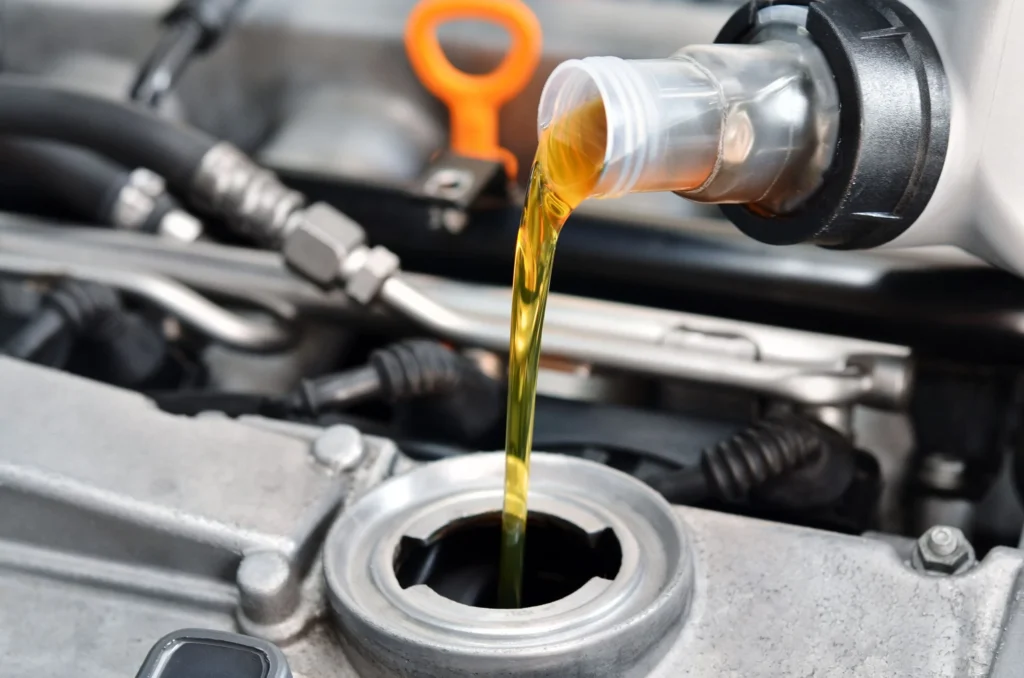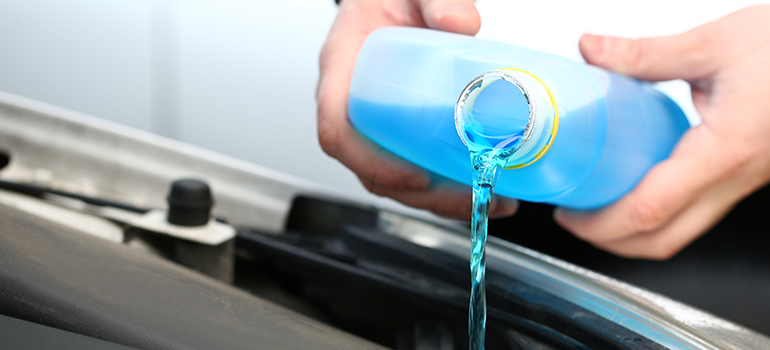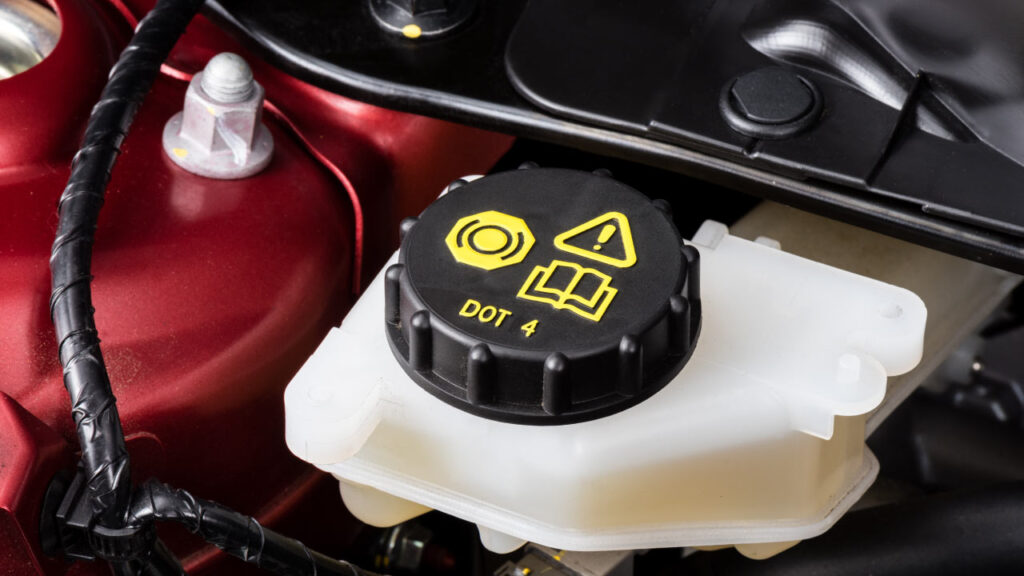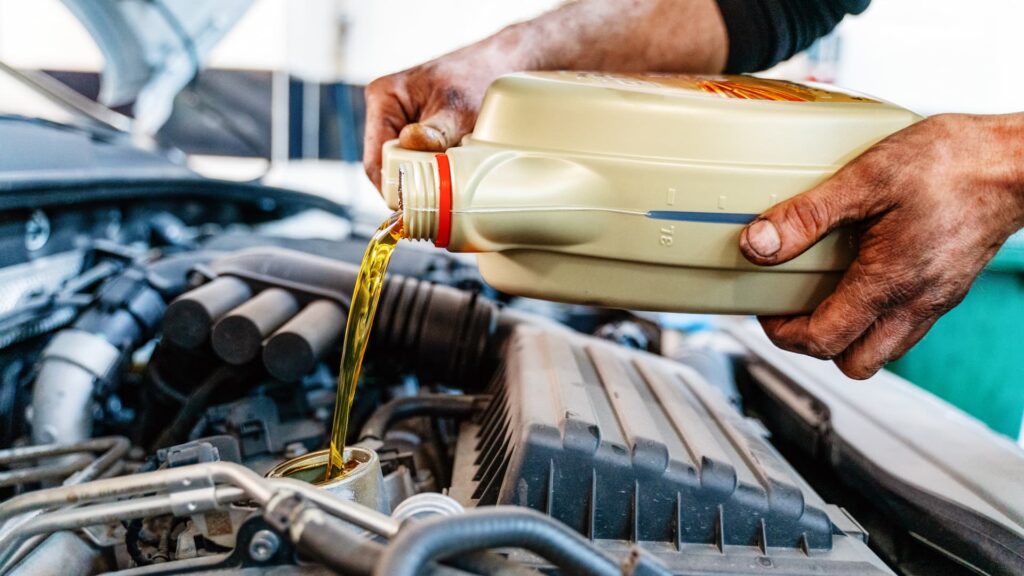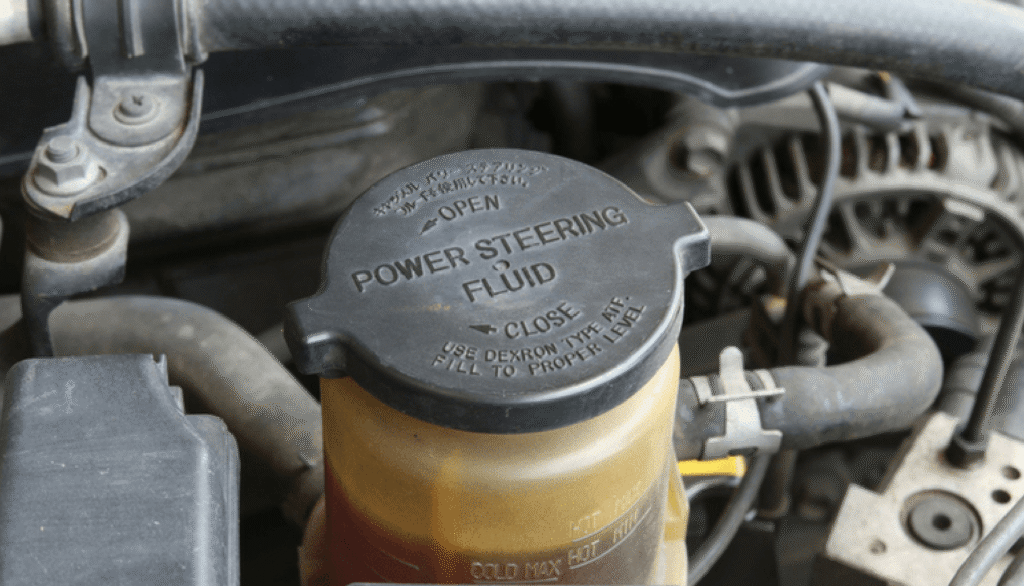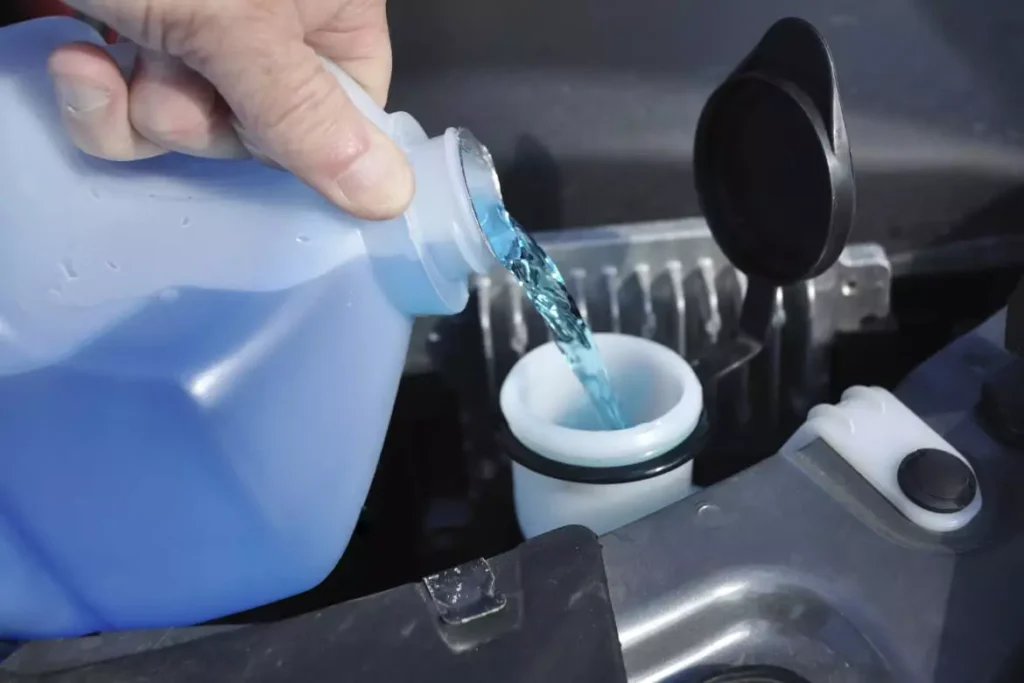
Similar Posts

Oil Change: Which is Better-Conventional or Synthetic Oil?
Sharing is CaringOne of the most often posed inquiries with regards to an oil change administration is whether customary or engineered oil is the better decision. There are a ton of factors to consider while deciding on of a precise response to this inquiry. It won’t be any different for each vehicle. We should separate…

What Happens If Your Timing Belt Fails? Avoid Costly Repairs
Sharing is CaringYour vehicle’s timing belt is a critical component that keeps your engine running smoothly. It ensures the synchronization of the camshaft and crankshaft, allowing the engine’s valves to open and close at the right time. But what happens if this essential part fails? The consequences can be severe, leading to expensive engine repairs—or…
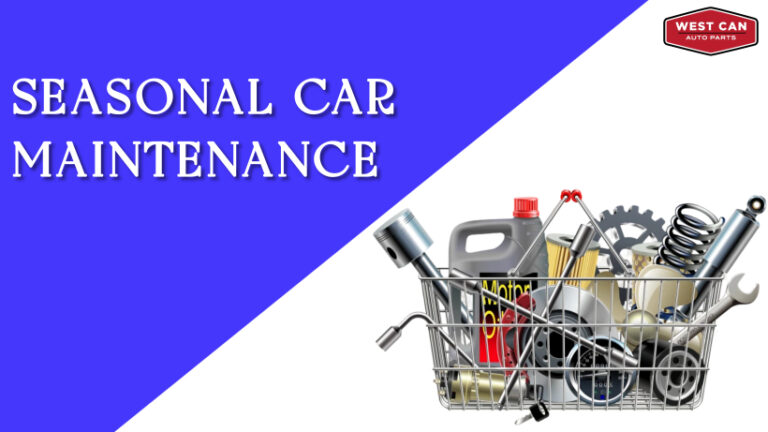
Seasonal Car Maintenance: What to Buy at West Can Auto Parts Store
Sharing is CaringProper seasonal car maintenance is crucial for ensuring that your vehicle remains in optimal condition throughout the year. As the seasons change, different weather conditions can take a toll on various components of your car, making it essential to perform specific maintenance tasks. This guide will help you understand what to buy at…

Smart Driving, Better Mileage: Proven Ways to Improve Your Car’s Fuel Efficiency
Sharing is CaringWith fuel prices constantly fluctuating, every driver is looking for ways to make each drop of fuel go farther. The good news? You don’t need a new car or expensive upgrades — improving your gas mileage often comes down to smart driving habits, timely maintenance, and understanding how your vehicle works. Here’s a…

The Major Benefits of Quality Replacement Auto Parts
Sharing is CaringWhile we are occupied with selling utilized car parts in Canada, we need to assist you with limiting your vehicle’s concerns, while augmenting its presentation and proficiency. One approach to achieving this is through legitimate support of your vehicle’s cooling framework. This significant framework keeps you agreeable in the traveler lodge while likewise…

Keeping Your Ford F-150 Ready for Canadian Winters: Maintenance, Upgrades & Smart Parts Choices
Sharing is CaringThe Ford F-150 has long been Canada’s best-selling pickup — and for good reason. From hauling tools to tackling snow-covered highways, it’s a truck built to perform under pressure. But when the temperature drops and the roads turn icy, even a powerhouse like the F-150 needs the right maintenance and parts to stay…


